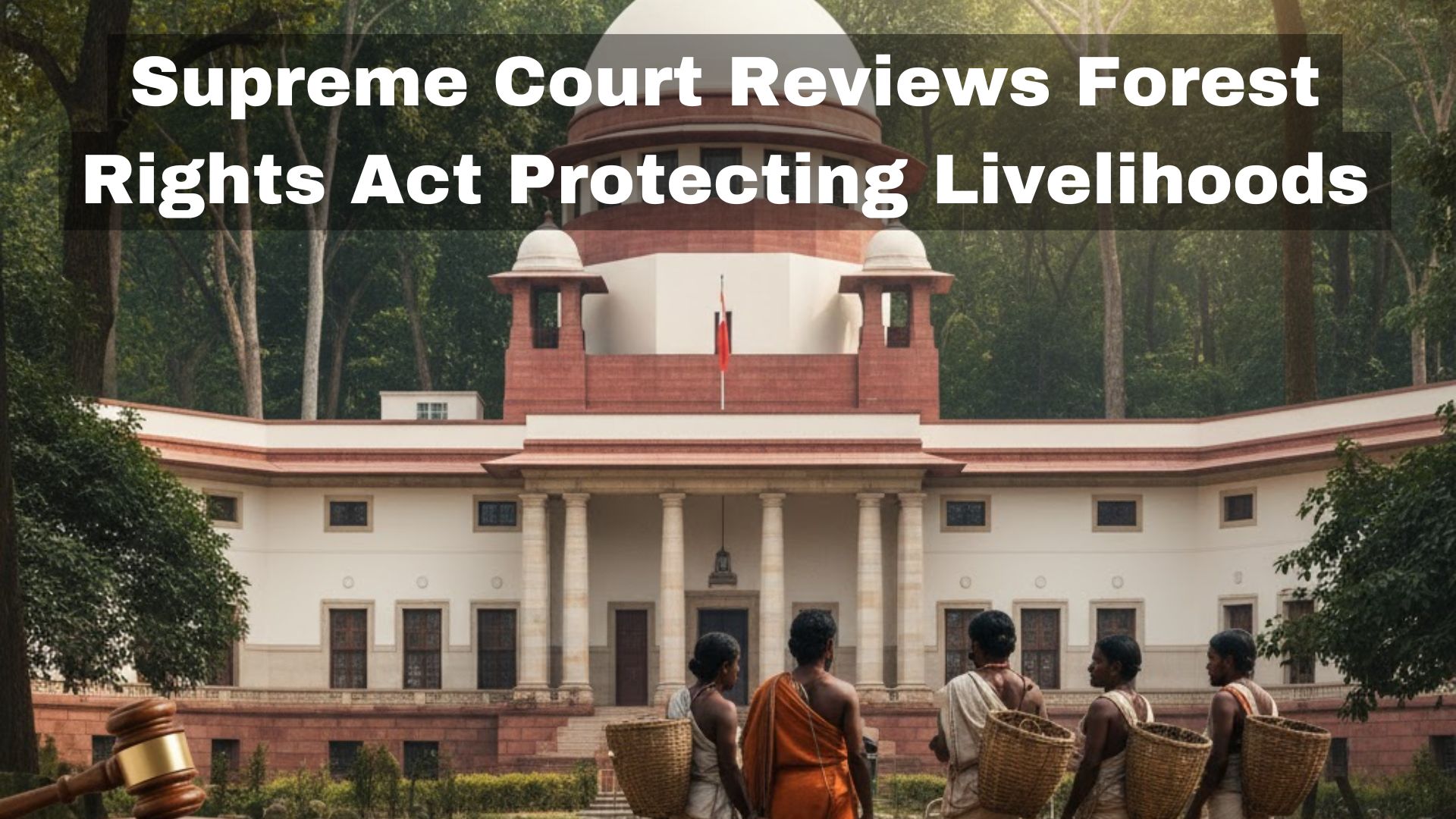P.N.Deshmukh, J
1. Rule. Rule is made returnable forthwith. Heard finally by consent of learned counsel of both the parties. None for nonÂapplicant no.2 though
served.
2. This application is filed for quashing of FIR registered vide Crime No.247 of 2017 dated 1st July, 2017 for the offence punishable under Section 306
read with Section 34 of the Indian Penal Code, on the basis of report lodged by nonÂapplicant no.2 against the applicant.
3. In his complaint nonÂapplicant no.2 alleged that Mahesh Patil, who was his elder brother, died of committing suicide and during the course of
investigation police recovered one suicide note from the pant pocket of deceased which was identified by him to be in the hand writing of his deceased
brother. As per contents therein, due to outstanding of loan instalments, the executive of the Finance Company, who had provided funds, was insisting
him to make payment of loan and for this reason deceased Mahesh was under mental stress.
According to nonÂapplicant no.2, from the suicide note it is further revealed that applicant is one of the office bearers of Bajaj Finance Company and
as he had insisted him for making payment of loan, deceased committed suicide upon which, on the basis of report lodged by nonÂapplicant no.2,
offence as aforesaid came to be registered.
4. Learned counsel for applicant submitted that from the contents of report no ingredients of Section 306 Indian Penal Code can be said to be
established. According to him, at the most deceased can be said to be the victim of circumstance alone and has therefore contended that as applicant
is innocent having no nexus with death of Mahesh Patil, application is liable to be allowed.
5. Learned Additional Public Prosecutor, on the other hand, submitted that from the contents of report, ingredients of Section 306 Indian Penal Code
are clearly made out as from it, it is found that the deceased had specifically mentioned that because of the continuous harassment by the applicant, he
committed suicide as was frustrated and has also contended that involvement of applicant to have instigated for commission of suicide by deceased is
further established from the statements of witnesses and from Call Detail Report (C.D.R.) establishing frequent phone calls by applicant to deceased.
Learned Additional Public Prosecutor thus, on relying upon the law laid down in the case of Didigam Bikshapathi ..vs. state of Andhra Pradesh
reported in 2007 LawSuit (SC)1419 submitted that the application is liable to be dismissed.
6. Considering the contents of report as aforesaid of the alleged calling and requests made by applicant to deceased for payment of loan, by itself
establish fact of deceased being defaulter in paying the instalments of loan on due date. Apart from the applicant, from the FIR it is also revealed that
coÂaccused Sachin Bramhe, who is office bearer of 'Mahendra Finance Company' is also alleged with same act of requesting deceased to make
payment of unpaid instalments of loan amount. In view of facts as aforesaid, the only role which can be attributed to applicant is of his doing job by
contacting deceased for payment of monthly instalments of the loan amount paid to him. In fact, from the document filed in support of the application,
which is the loan statement of account of Bajaj Finance Company, it is noted that postÂdated cheques issued by nonÂapplicant no.2 to the applicant's
company are repeatedly bounced for “insufficient funds†and therefore on calling by nonÂapplicant no.2, applicant visited nonÂapplicant no.2 and
collected cash amount against the dishonoured cheques. These facts by itself are sufficient to establish fact of deceased having obtained loan amounts
of which instalments were due to be paid by him and even according to the nonÂapplicant no.2, for that reason deceased Mahesh was under mental
stressed.
7. In the background of above facts, we find it useful to refer to Section 107 Indian Penal Code and to section 306 Indian Penal Code, 1860, which are
reproduced here below : Â
“Section 107 Indian Penal Code, 1860 defines 'abetment' to mean that a person abets the doing of a thing if he firstly instigates any person to do
that thing or secondly engages with one or more other person or persons in any conspiracy for the doing of that thing if an act or illegal omission takes
place in pursuance of that conspiracy and in order to the doing of that thing or thirdly, intentionally aids, by any act or illegal omission the doing of that
thingâ€.
“Section 306 IPC reads as under :
“306. Abetment of suicide â€" if any person commits suicide, whoever abets the commission of such suicide, shall be punished with imprisonment
of either description for a term which may extend to ten years, and shall also be liable to fine.â€
From a bare reading of the provision, it is clear that to constitute an offence under Section 306 IPC, the prosecution has to establish: (i) that a person
committed suicide, and (ii) that such suicide was abetted by the accused. In other words, an offence under Section 306 would stand only if there is an
“abetment†for the commission of the crime.
8. As per Section 107 of I.P.C., a person can be said to have abetted in doing a thing, if he, firstly, instigates any person to do that thing; or secondly,
engages with one or more other person or persons in any conspiracy for the doing of that thing, if an act or illegal omission takes place in pursuance of
that conspiracy, and in order to the doing of that thing, or thirdly, intentionally aids, by any act or illegal omission, the doing of that thing.
9. Explanation to Section 107 states that any willful misrepresentation or wilful concealment of material fact which he is bound to disclose, may also
come within the contours of “abetmentâ€. It is manifest that under all the three situations, direct involvement of the person or persons concerned in
the commission of offence of suicide is essential to bring home the offence under Section 306 IPC.
10. Therefore, the question for consideration is whether the allegations levelled against the appellant in the FIR and the material collected during the
course of investigations, would attract any one of the ingredients of Section 107 IPC ?
11. In view of above required ingredients to be established for the purpose of attracting offence under Section 306 Indian Penal Code, when the
contents of report as well as of suicide note, which is made available by the prosecution, is perused; plane reading thereof would reveal that due to
obtaining such funds from various financial institutions deceased was in a great stress and was depressed. As against this, in a case of Didigam
Bikshapathi, (cited supra) relied by the prosecution, the suicide note clearly referred to the acts of the accused and the roles played by them and as
such, involvement of accused is found to be established.
12. The legal position with regard to essential ingredients necessary to attract the provisions of Section 306 of the Indian Penal Code are now well
settled. The Division Bench of this Court in the case of Seema Bhoosreddy .vs.. State of Mah., reported in 2012(2) Mh.L.J. (Cri) 459, relying upon
the decisions of the Hon'ble Supreme Court in Madan Mohan Singh ..vs.. State of Gujrat reported in (2010)8 SCC 628 and in S.S.Chheema .vs.. Vijay
Kumar Mahajan reported in 2010
ALL MR (Cri) 3298 in para 18 thereof has held thus Â
“18. It can thus, be clearly seen that for proceeding further with the trial against the accused for an offence punishable under Section 306, it is
necessary for the prosecution to at least, prima facie, establish that the accused had an intention to aid or instigate or abet the deceased to commit
suicide. In the absence of availability of such material, the accused cannot be compelled to face trial for the offence punishable under Section 306. As
held by the Apex Court, an abetment involves mental process of instigating the person or intentionally aiding the person for doing of a thing. Without a
positive act on the part of the accused in aiding or instigating or abetting the deceased to commit suicide, the said person cannot be compelled to face
a trial. Unless there is clear mens rea to commit the offence or an active act or direct act which led the deceased to commit suicide seeing no option
or the act intending to push the deceased into such a position, the trial against the accused under Section 306 cannot be permitted.â€
13. In the light of aforesaid legal position when the material on record is considered on its face value, it can be seen that nonÂapplicant no.2 who is
brother of deceased and the first informant, has lodged report on the basis of contents of suicide note which was shown to him by police that, prior to
the death, deceased had obtained loan and the loan instalments were outstanding for which the executive of the Finance Company had visited him
requesting for making payment of outstanding loan amounts. According to nonÂapplicant no.2/ complainant, he was also aware of said fact and stated
that for this reason deceased used to be under mental stress. In view of above stated fact thus, there appears no reason to continue prosecution for
the offence under Section 306 of Indian Penal Code as it is necessary for the prosecution to at least prima facie establish that accused had an
intention to aid or instigate or abet the deceased to commit suicide. Abetment involves mental process of instigating a person or intentionally aiding a
person in doing of a thing and without a positive act on the part of the accused in aiding or instigating or abetting the deceased to commit suicide, the
said persons cannot be compelled to face the trial.
14. In the present case, taking the allegations at its face value, it cannot be said that any positive or proximate act is attributed to the present applicant.
Assuming for a moment that the allegation that the applicant had contacted deceased personally or telephonically, that too, repeatedly asking for
payment of installments, that cannot be said to be an instigation to a person to commit suicide, more particularly when according to the complainant,
deceased was under mental stress and as such, being a sensitive person, possibility of deceased having no tolerance to face the situation of his owing
any amount to financial institutions due to failure on his part to not to pay monthly instalments in time and as such being under mental stress leading to
commit suicide also cannot be ruled out. There is no material to indicate that applicant had either any intention to aid or instigate or abet the deceased
to commit suicide as there is no reference to any direct or active part of applicant which led deceased to commit suicide. Even the chit found in the
pant pocket of the deceased does not contain any such material to indicate any instigation or abetment on the part of applicant that could be treated as
having led deceased to commit suicide.
15. Thus, the basic and vital ingredients to enable prosecution to proceed with the trial for an offence punishable under Section 306 of Indian Penal
Code are conspicuously missing. We therefore find it to be a fit case to exercise powers under Section 482 of Code of Criminal Procedure, 1973 to
quash the proceedings. In view of aforesaid, Criminal Application is allowed in terms of prayer Clause (i) with no orders as to costs.

